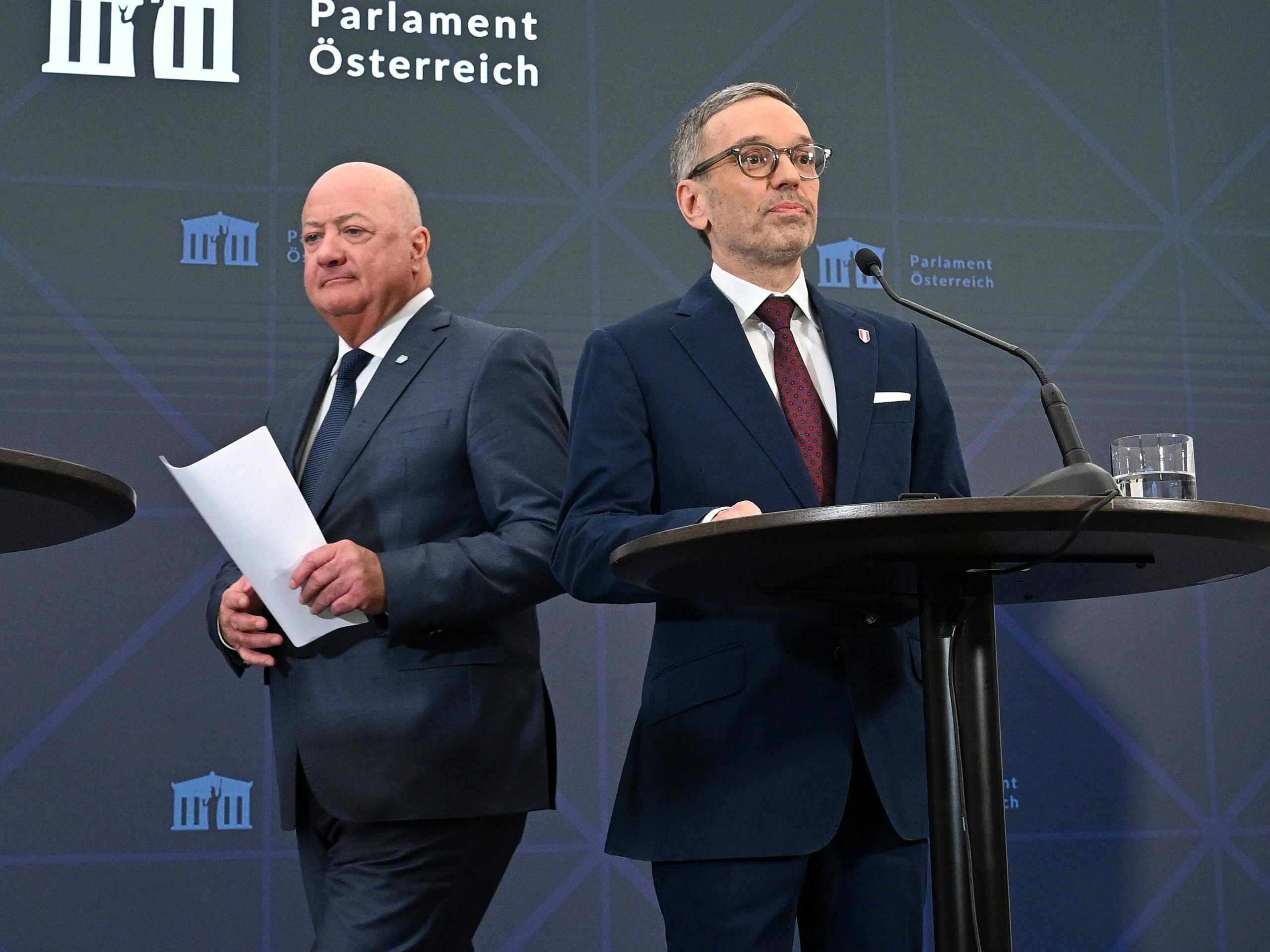Coalition Debacle: This is How Austria Will Move Forward

The Federal President could appoint an expert government, or the National Council could call the citizens to the polls again. It is also possible that ÖVP and SPÖ might try again together - either alone or with one of the smaller parties. However, against this is the fact that negotiations for a black-red-pink three-party coalition have also collapsed.
Renewed Expert Government as a Transitional Solution
After the collapse of the turquoise-blue coalition following the Ibiza affair, Federal President Alexander Van der Bellen appointed an expert government - at that time under the leadership of the now-deceased constitutional judge Brigitte Bierlein. Like any other government, an expert government would need the support of the National Council to avoid being ousted by a vote of no confidence. Political reforms are difficult to implement without a stable majority, so an expert government would only be conceivable as a transitional solution. Bierlein's cabinet, which governed for about half a year, is remembered more as an administrator than a designer. The situation is further complicated by the need to consolidate the federal budget.
New Elections Probably Not Possible Until June
For an early new election, the National Council must decide to dissolve with a simple majority. Theoretically, it can also be dissolved by the Federal President on the proposal of the government, which has never happened in the Second Republic. The National Council will meet for its next scheduled session on February 26, although a special session could be convened before then. Due to parliamentary processes and various deadlines, it takes about three months from the decision for a new election to the election itself, making an election day before June difficult.
FPÖ leader Herbert Kickl emphasized that he has no problem with new elections - his party is at around 35 percent in the APA election trend, which takes into account the surveys of the last five weeks. Unlike the other parties, ÖVP and SPÖ have already entered the election year 2024 with debts, and a new election would be costly for the parties once again.
Renewed Coalition Negotiations Between ÖVP and SPÖ
Of course, the ÖVP could try again with the SPÖ. However, such a majority would be only narrowly secured in the National Council - with a surplus of one mandate. It would also be possible for the two former major parties to bring one of the smaller ones - the Greens or NEOS - on board. Whether the parties would sit down together again, after the three-party coalition negotiations between ÖVP, SPÖ, and NEOS also led to no result, remains questionable.
Recently, Green Party leader Werner Kogler, in particular, appealed to the political competition outside the FPÖ to negotiate again. SPÖ leader Andreas Babler also advocated for a resumption of negotiations between ÖVP and SPÖ. The NEOS also offered to hold new talks.
Possibility of a Minority Government
There is also the possibility of a minority government, meaning a constellation in which the governing parties hold less than half of the National Council mandates. However, this is extremely uncertain, as at least parts of the opposition would have to support legislative decisions, or the government could be dismissed by the opposition at any time. Minority governments have no tradition in Austria, and Van der Bellen always emphasizes how important a "reliable majority" is for a government. NEOS chairwoman Beate Meinl-Reisinger recently brought up a black-pink variant.
(APA/Red)
This article has been automatically translated, read the original article here.





